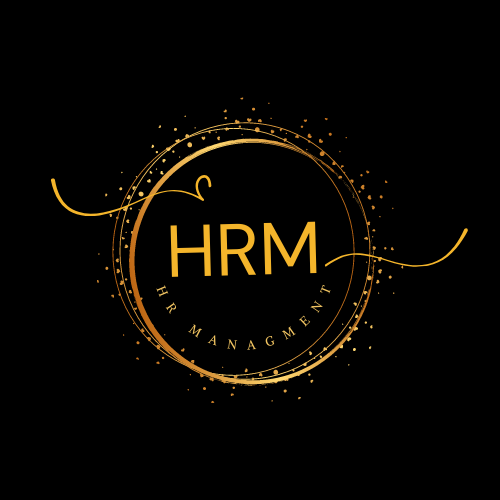
We want to provide services to support the company’s existing HR Department and/or provide an external substitute in lieu of an employee appointment.
The service is best provided when a retainer agreement is in place. Terms and conditions for this retainer agreement would exist in a signed service level agreement (SLA).
HRM Business Analysis is a field that uses business analysis techniques to improve the effectiveness of human resource (HR) processes. HRM Business Analysts use their skills in data analysis, process improvement, and communication to help HR teams identify and solve problems, improve efficiency, and make better decisions.
Some of the key tasks that HRM Business Analysts perform include:
- Gathering and analyzing data: HRM Business Analysts collect data from a variety of sources, including HR systems, surveys, and interviews. They use this data to identify problems, trends, and opportunities for improvement.
- Defining and documenting requirements: HRM Business Analysts work with HR teams to define the requirements for new or improved HR processes. This includes identifying the goals of the process, the stakeholders involved, and the inputs and outputs of the process.
- Designing and implementing solutions: HRM Business Analysts use their knowledge of business analysis and HR best practices to design and implement solutions to HR problems. This may involve developing new HR policies and procedures, automating HR processes, or improving the user experience of HR systems.
- Communicating with stakeholders: HRM Business Analysts communicate with a variety of stakeholders throughout the business analysis process. This includes HR teams, senior management, and employees. They use their communication skills to keep stakeholders informed of the progress of the project, to get their buy-in, and to ensure that the final solution meets the needs of all stakeholders.
HRM Business Analysts play a vital role in helping HR teams improve the effectiveness of their processes. By using their skills in business analysis, they can help HR teams identify and solve problems, improve efficiency, and make better decisions.
Here are some of the benefits of using HRM Business Analysis:
- Improved efficiency: HRM Business Analysts can help to improve the efficiency of HR processes by identifying and eliminating waste. This can lead to significant savings in time and money.
- Increased accuracy: HRM Business Analysts can help to improve the accuracy of HR data by ensuring that data is collected and entered correctly. This can help to reduce errors and improve decision-making.
- Enhanced compliance: HRM Business Analysts can help to ensure that HR processes are compliant with all applicable laws and regulations. This can help to protect the company from legal liability.
- Improved employee morale: HRM Business Analysts can help to improve employee morale by ensuring that HR processes are fair and transparent. This can lead to a more engaged and productive workforce.

Strategy & Planning
This includes developing and implementing HR strategies that support the overall business goals.
The planning would work best with stakeholder management and engagement activated.

Compliance
Compliance includes ensuring that the organization complies with all applicable HR laws and regulations.

Talent Management
Talent Management includes attracting, developing and retaining top talent.

Training & Development
Training & Development includes forecasting future staffing needs and developing plans to meet those needs.
